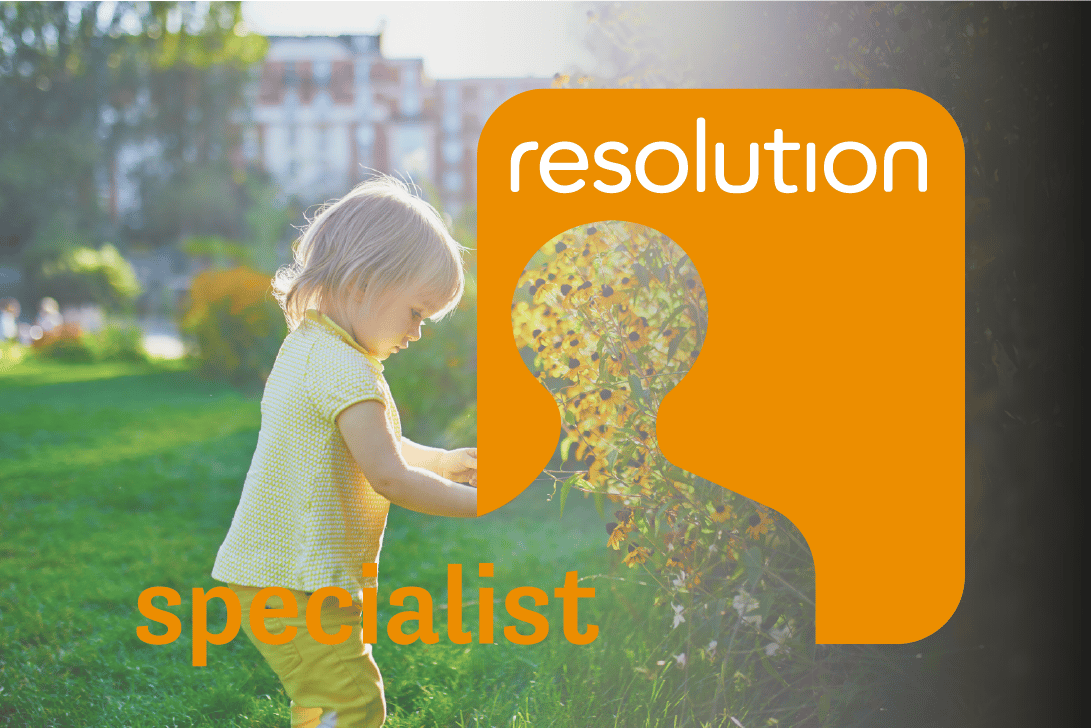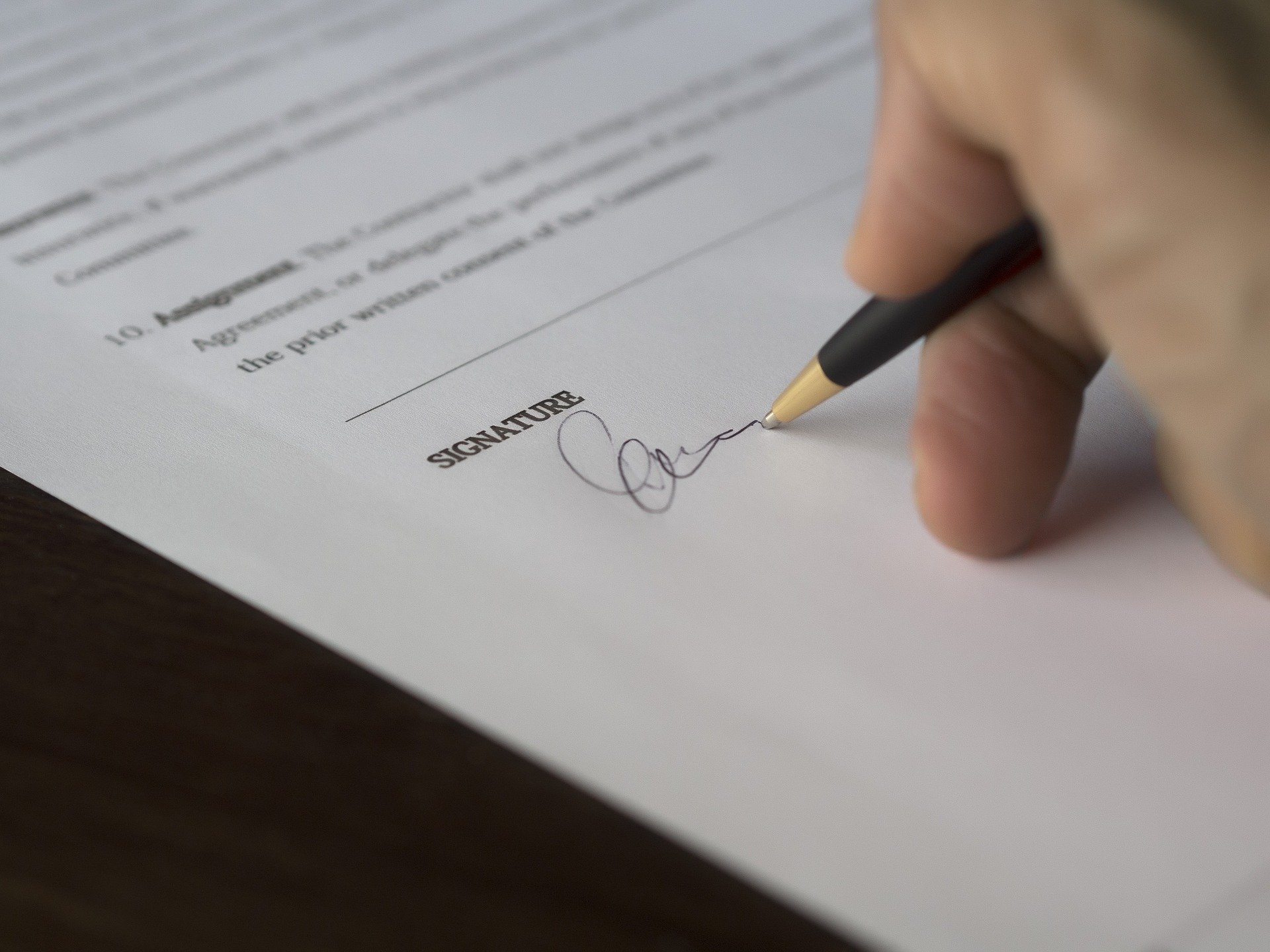Choosing and Changing Your Child’s Name
Author: Helen Jackson | Published: July 30, 2021
The Duke & Duchess of Sussex has recently announced the birth of their Daughter Lillibet Diana. Diana was to be expected, Lillibet, Queen’s childhood nickname prompted some mixed comments. It is said that “a rose by any other name smells as sweet” but we’ve all passed comment on a celebrity’s bizarre choice and wondered what on earth the parents were thinking.
With very limited exception, the choice of a child’s name at birth is an act of Parental Responsibility. Parental Responsibility is the legal term for parental rights and responsibilities.
If the child’s parents are married, they will both have Parental Responsibility and will be equally responsible for registering the child’s birth and will give the child’s chosen name to the Registrar. If parents are not married, only the Mother will have Parental Responsibility so the child’s name will be registered by the Mother. If the Father disagrees with the Mother’s choice of names his only remedy would be to make an Application to Court for a Specific Issue Order, but unless the Mother’s choice is as bad as the names in the Re C case the Court won’t interfere.
In Re C a Local Authority intervened. The children were the subject of Care Proceedings. The Mother proposed that the children should be named Cyanide and Preacher. The Court took the view that naming the little girl Cyanide would go beyond the unusual, bizarre, extreme and foolish and gave the Court reasonable cause to believe that the child would suffer significant emotional harm because of the name.
Changes of first name after registration are not common but they are increasingly arising in the case of transgender children. If both parents have Parental Responsibility, they would both need to agree to the change of name. In the case of disagreement, the parent wishing to change the child’s name would need to apply to Court for a Specific Issue Order. The Court’s decision will depend on the circumstances of the case and will attach considerable weight to the emotional welfare of the child.
Courts do not routinely interfere with the parent’s exercise of their Parental Responsibility. If both parents have Parental Responsibility and agree to the change of a child’s surname, they may change it, and whoever has sole Parental Responsibility for a child may change it, but a child’s surname cannot be changed without the authority of all who have Parental Responsibility. If they do not agree then the person wishing to change the child’s name would need to apply to Court for a Specific Issue Order, and it will be for the parent who wants to change the child’s surname to convince the Court that to do so will further the child’s welfare.
The welfare of the child will always be paramount. The Court will take account of the reasons for the proposed change of name, but considerable weight will be given to the link that the child’s surname recognises to the child’s Father. The fact that the child’s surname might be different to that of the parent wanting to change the name is unlikely to carry much weight unless it can be demonstrated that the name is causing the child so much embarrassment or anxiety as to be causing emotional harm.
Courts will almost always be reluctant to allow parents to “ditch” the surname given to a child at birth without compelling reasons.
Anyone can change their own name when they reach their 18th Birthday. Young people between 16 and 18 can change their own name unless a Residence or “Living With” Order is in place, in which case they will need the consent of everyone who has Parental Responsibility for them.
Should you wish to discuss any topics mentioned in this article, please contact us via telephone on 01782 956123 or through our online contact form.


